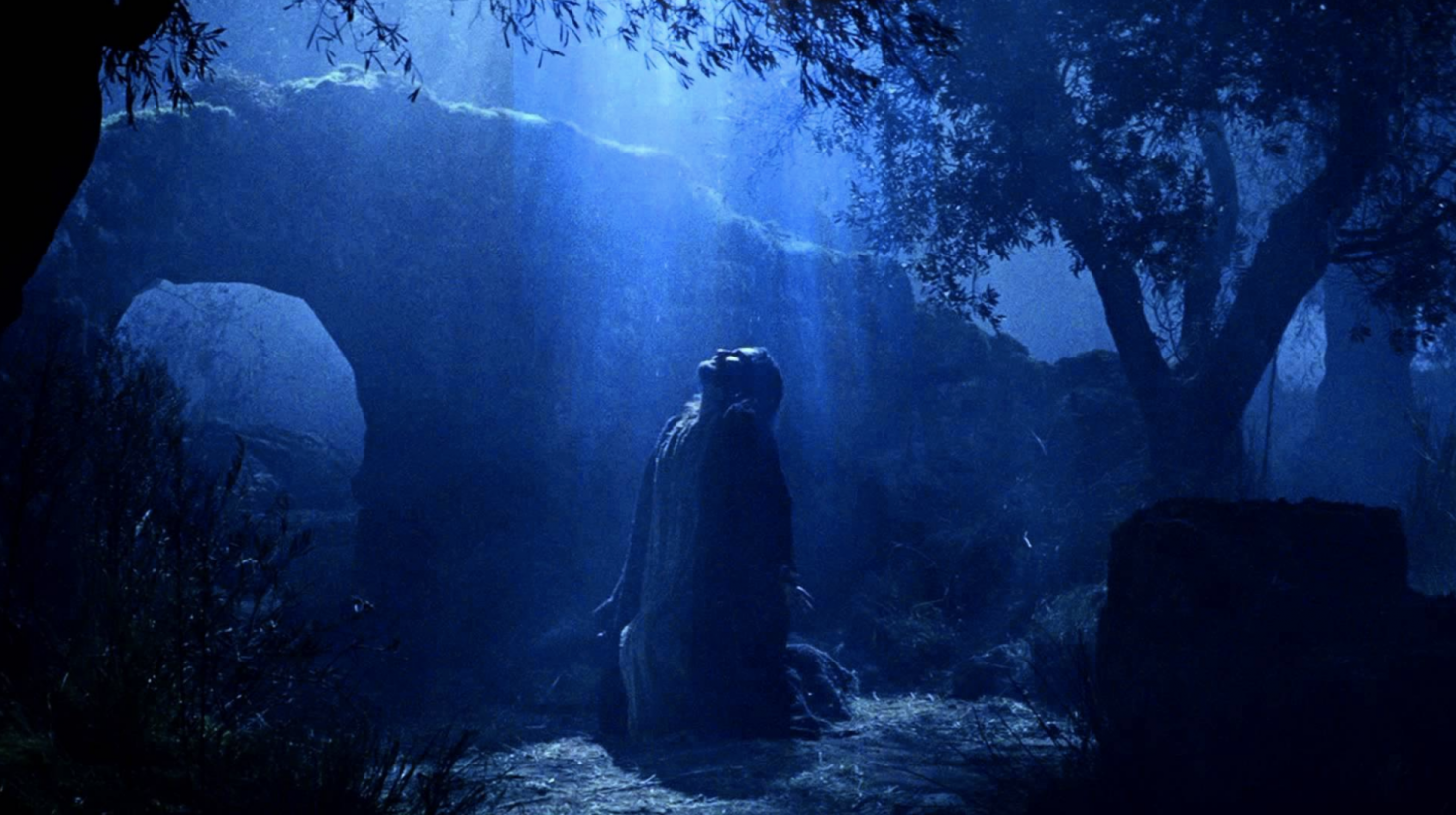
NASHVILLE, TENNESSEE—For almost a month, I have been blogging about the importance of preaching (and singing) the cross. But as we begin Holy Week, I want to take a closer look at the importance of the cross itself.
When Jesus was in the garden of Gethsemane, just a few hours before he would be arrested, tortured, and executed, he prayed: “My Father, if it be possible, let this cup pass from me.” Knowing what was coming, Jesus, in his humanity, was searching for an alternative to the cross. But he concluded his prayer, “nevertheless, not as I will, but as You will” (Matthew 26:39).
Why didn’t God the Father find another way? Why was it necessary for God the Son to go to the cross?
A common modern objection to the cross goes like this: Why couldn’t a good and loving God find it in his heart to simply forgive (and forget)? Why did he require the death of his sinless son as a substitute for sinful humanity?
At first glance, the question seems to put God (and Christianity) on the defensive. We expect our children to forgive and forget. Why can’t we expect the same of God? Why does this (seemingly) “bloodthirsty” God work the redemption of humanity through such inhumane means? Why does a just God will such a cosmic injustice—the death of Jesus by crucifixion? Why was the cross necessary?
The answer to these objections hinges on the question of God’s justice in relation to human injustice.
The question “Why can’t God just forgive and forget?” can only be asked by someone of great privilege who has never experienced the depth of human injustice.
A few years ago, a college student from Stanford was accused (and eventually convicted) of sexual assault and the attempted rape of an intoxicated female who was found unconscious next to a dumpster. During court proceedings, the defendant’s father made an appeal to the judge to not deal too harshly with his son. In a letter, he wrote that prison time was “a steep price to pay for twenty minutes of action. . .”
The father of the perpetrator wanted soft justice—even a passing-over of justice. He was basically asking the judge: “Why can’t we just forgive and forget?”
Can you imagine the victim of this brutal injustice hearing these words in court? Can you imagine what her father and mother thought? They were not content just to forgive and forget. Something terribly wrong had been done to this young girl and they wanted justice.
In a letter to the judge, in which she directly addressed her assailant, the victim wrote: “You should have never done this to me . . . But here we are. The damage is done, no one can undo it. And now we both have a choice. We can let this destroy us, I can remain angry and hurt and you can be in denial, or we can face it head-on, I accept the pain, you accept the punishment, and we move on.”
This letter poignantly illustrates the necessity of the cross. God, because he is just, cannot simply forgive and forget. His solution to the sin and injustice of the world will not, and cannot, ignore the cries for justice from people who have been oppressed and abused, like that young girl. God, by his very nature, must make things right and righteousness requires justice.
But there is more.
God is not only seeking to restore the victim; he is seeking to redeem the victimizer. He is not only on the side of the oppressed; he is actively seeking to bring the oppressor over to the side of righteousness. This is good news because we are all victims and victimizers, oppressed and oppressors, plaintiffs, and defendants.
Here we find the beauty and glory of the cross.
The cross was necessary “so that he might be just and the justifier” (Romans 3:26). For on the cross, God in Jesus secured justice for every victim of injustice, and at the same time, he bore the punishment for every perpetrator of injustice. On the cross, Jesus identified with the unjust suffering of the oppressed, and at the same time, he experienced the just punishment due to oppressors.
Paul puts it this way in 2 Corinthians 5:21: “For our sake he made him [Jesus] to be sin who knew no sin, so that in him we might become the righteousness of God.”
To borrow (and adjust) the words of the letter quoted above, from the cross, Jesus makes this appeal to each one of us: “You should have never done this to me . . . But here we are. The damage is done, and only I can undo it. And now you have a choice: You can be in denial, or we can face it head-on. I accept the pain; I accept the punishment; and we move on.”